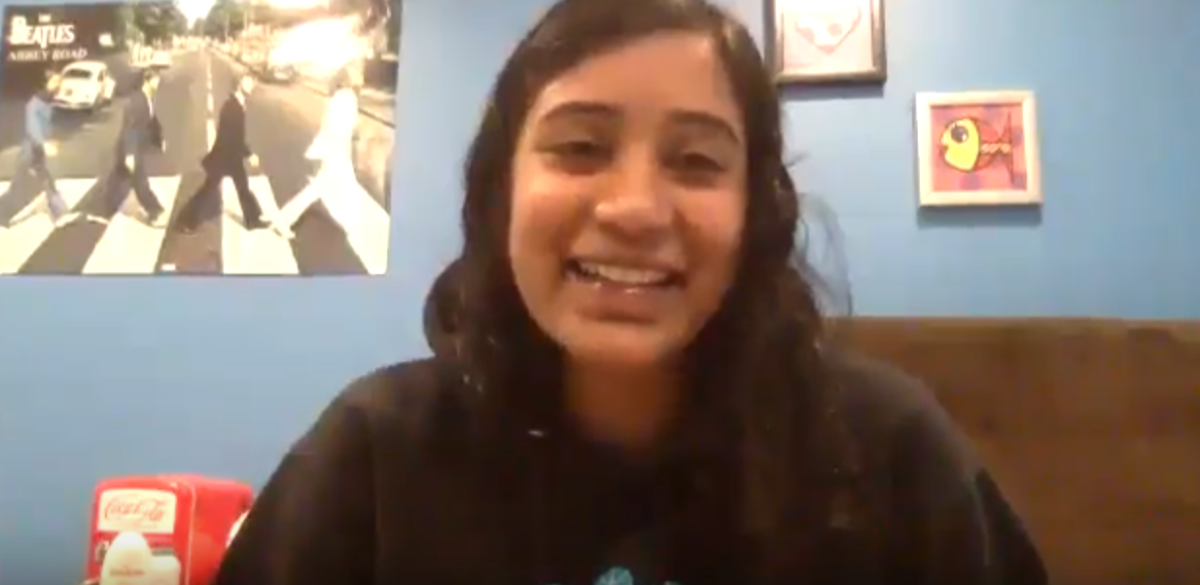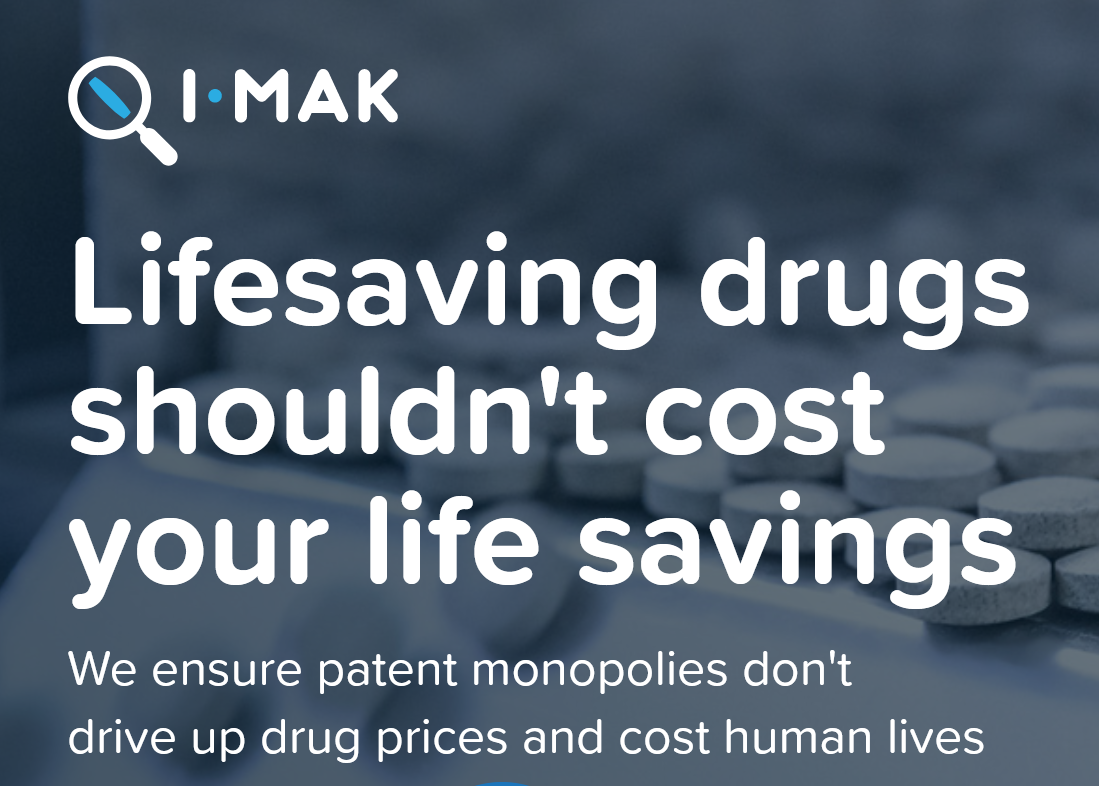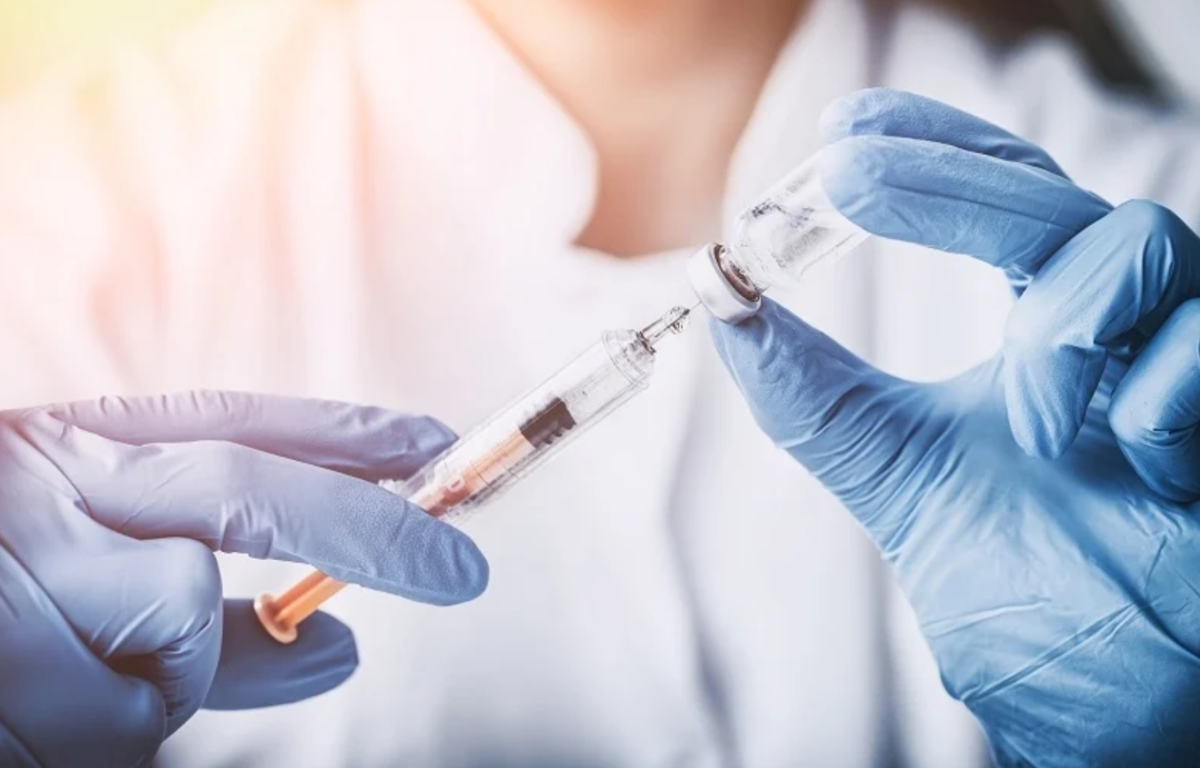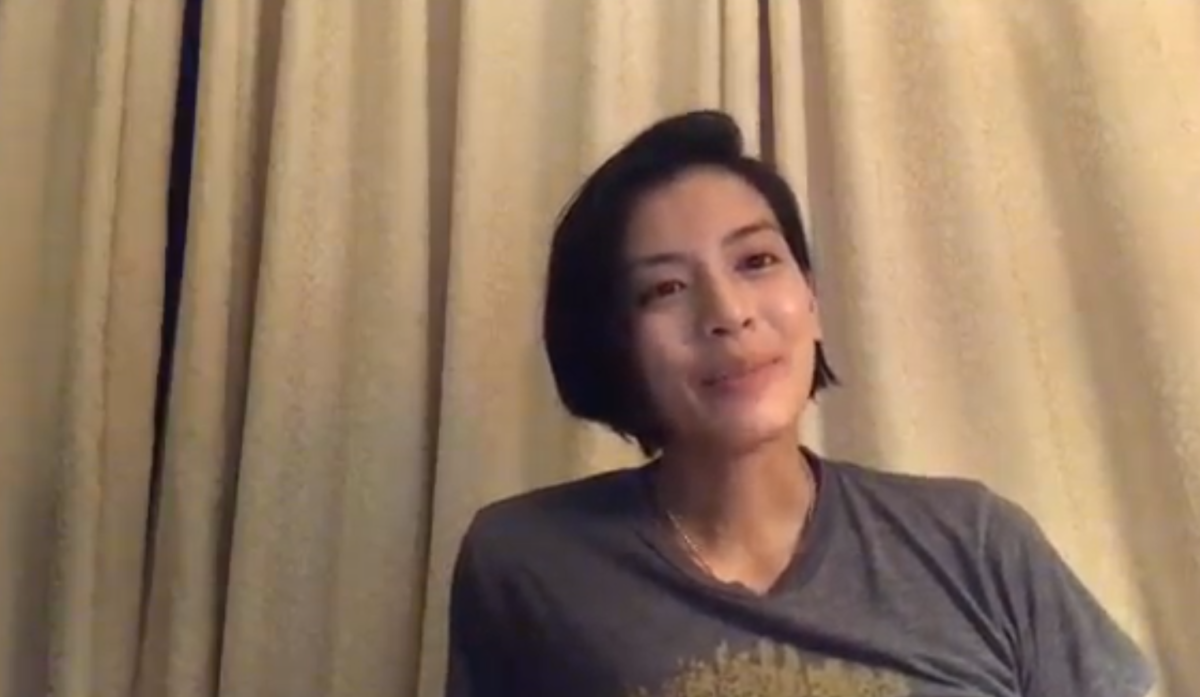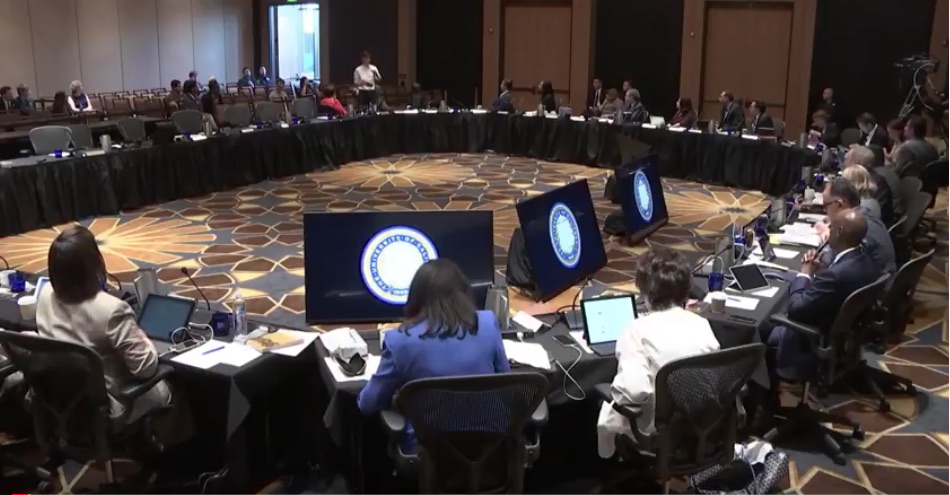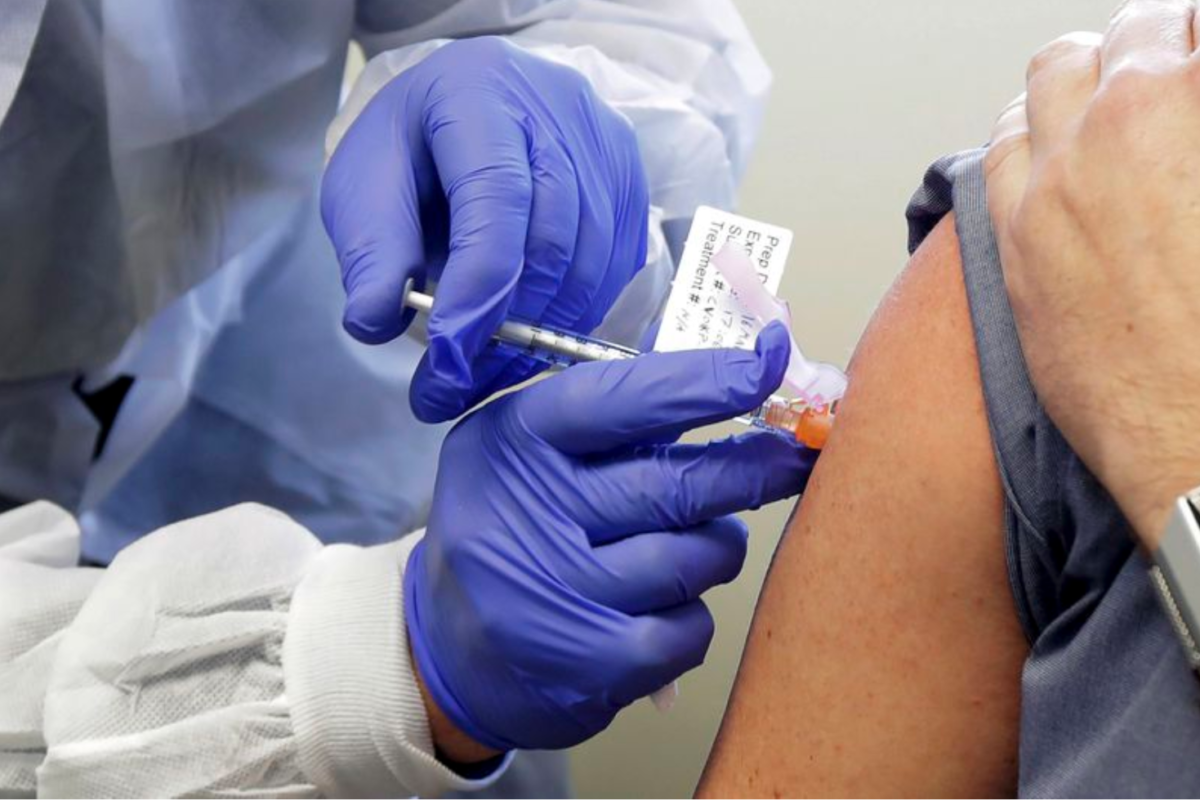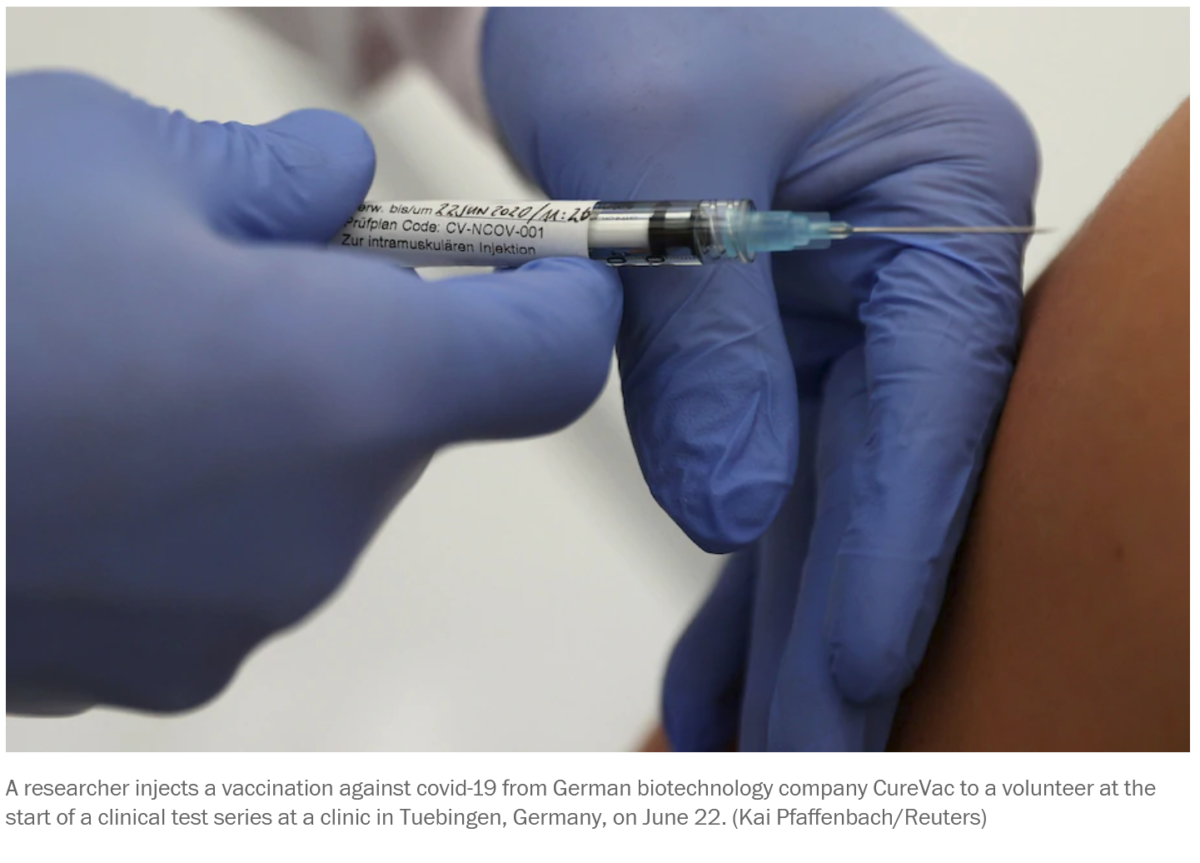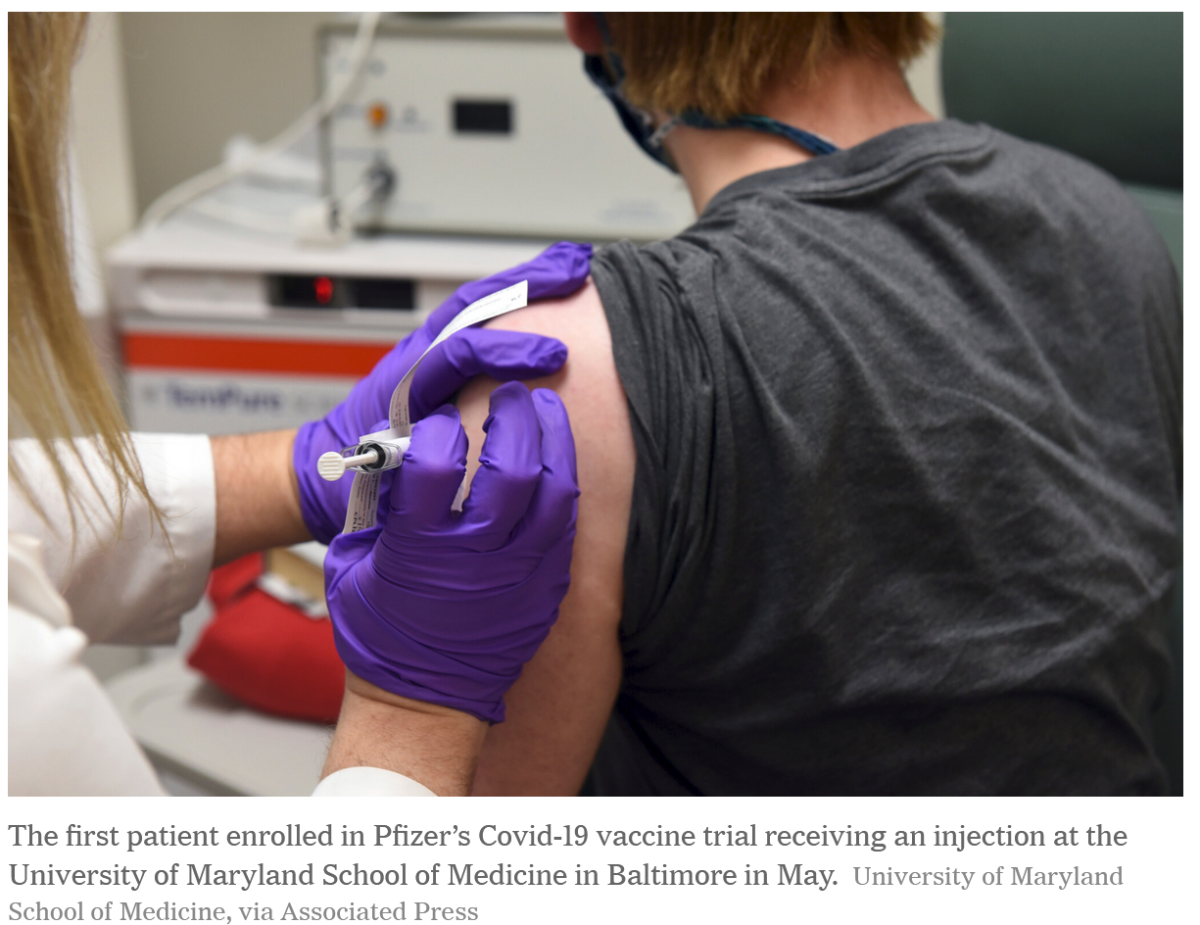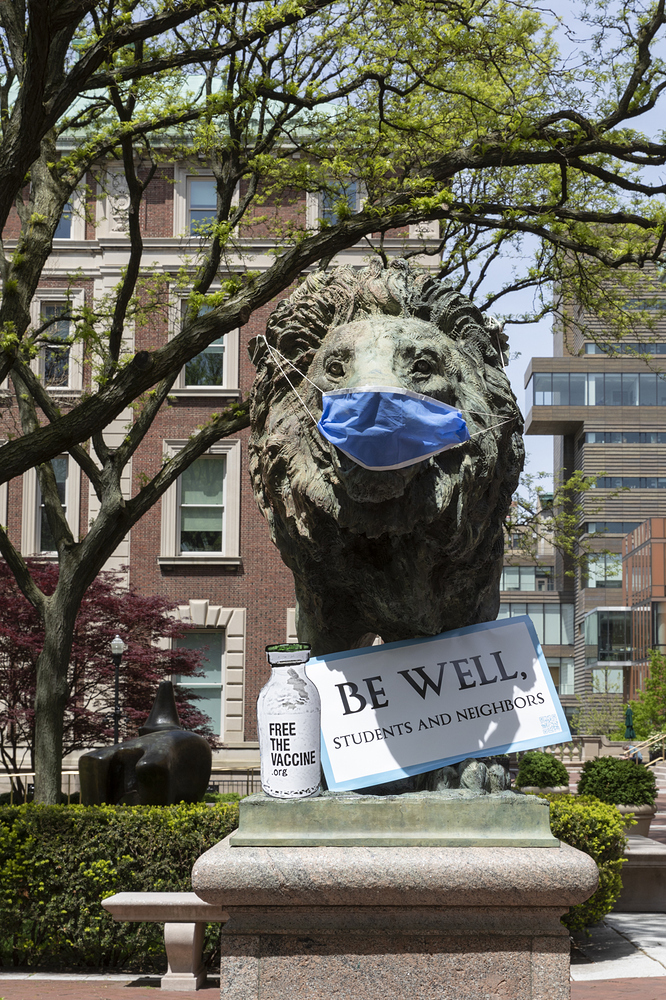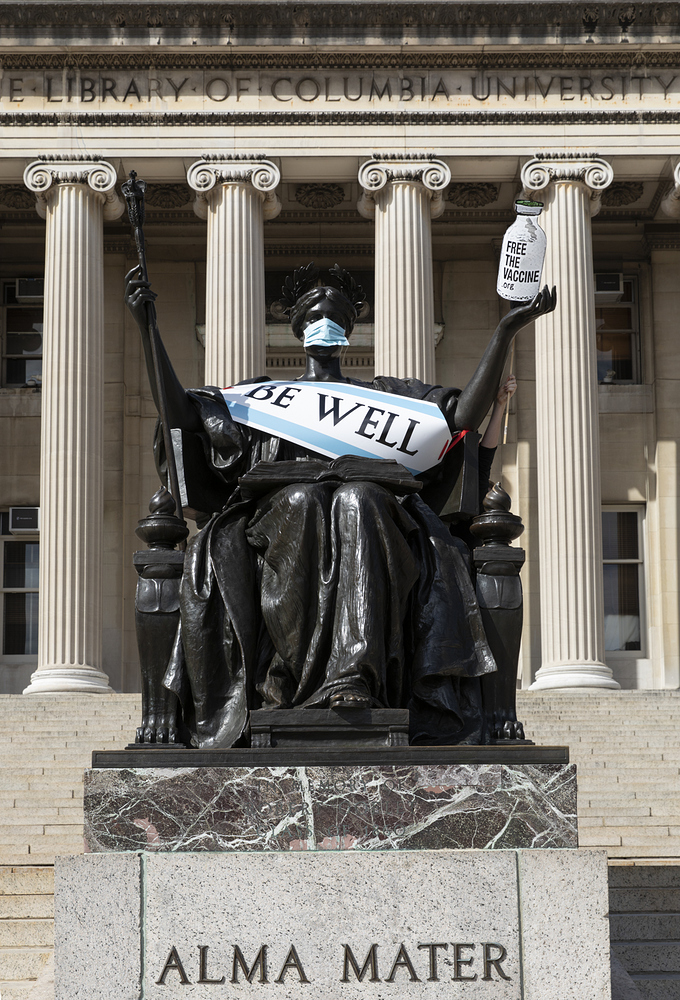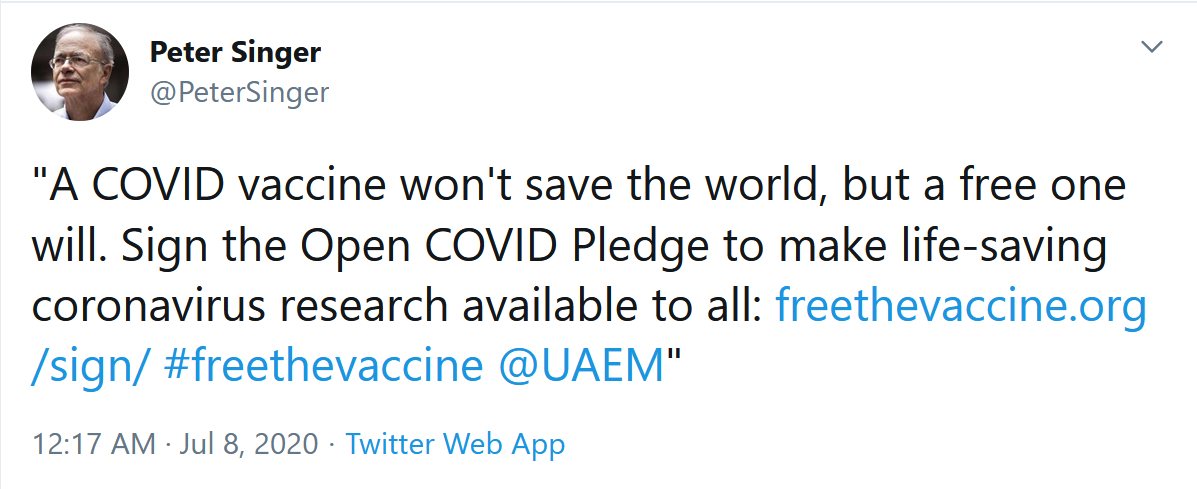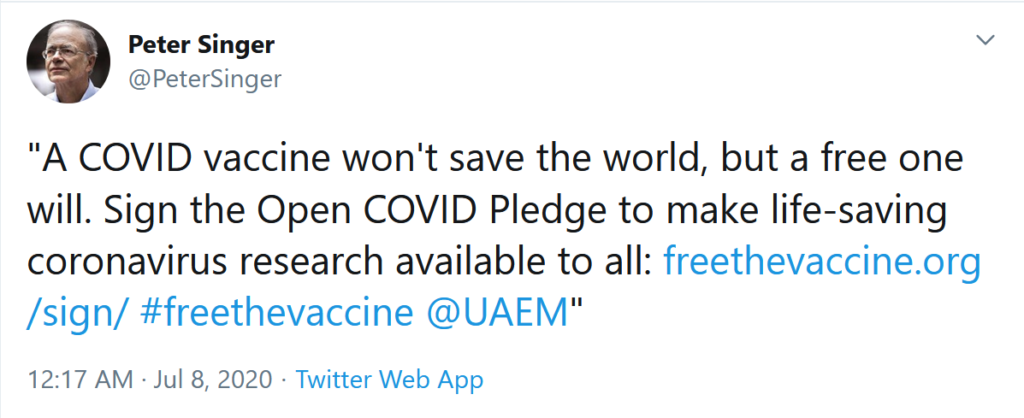This week, we’d like to introduce you to two more members of our wonderful Free The Vaccine community: Izzy Levine and Mahima Arya, who are both from New Jersey! Izzy and Mahima are members of the Fox Lab, which is comprised of activists mostly from the Eastern part of the United States. They’ve been working to target the University of Pittsburgh!
Meet Izzy
A psychology student at McGill University, Izzy has helped to build up the McGill chapter of Universities Allied for Essential Medicines, and has years of experience in the access to medicines movement; she was instrumental in getting McGill to adopt UAEM’s Global Access Licensing Framework. Izzy is a musician and artist, and has traveled as far as Guatemala to work on public health issues!
Meet Mahima
A recent graduate who studied Information Systems and Human-Computer Interaction at Carnegie Mellon University, Mahima is passionate about accessible and inclusive technology. She loves to travel, and she once traveled solo in Cambodia for a week and visited Angkor Wat!
Now that you’ve met Izzy and Mahima, read on for what they’ve learned so far and what they’d like to share with fellow activists! This portion of their interviews have been condensed slightly for ease of reading.
What made you decide to join the Free The Vaccine campaign?
Izzy: The obvious answer is that because I was involved in UAEM, and haven’t been at school for a while, this was a great way to continue to do UAEM-related stuff. But I think it felt like a really important moment–UAEM’s been working on drug pricing and access to publicly-funded research for years, but all of a sudden it feels like a time where [the issue] wouldn’t be as niche. So many people recognize how important it is that COVID drugs be accessible and affordable, so it felt like a great time to hop on board!
Mahima: A close friend of mine is really into public health, and since I have no experience in this space, I thought it would be a good opportunity to get familiar with the area. I also think that the accessibility and affordability of medicines ties so directly into inclusivity as a whole, and I feel like that’s work that I’ve done, and so it makes sense that this would be work that I also feel strongly about.
What’s your most unique skill that’s come in handy during this campaign?
Izzy: Because a lot of this work includes spreading messages about access to medicines to the general public, sometimes the messages can be really wordy and seemingly complicated, which scares people off and makes people think at first glance that this is not a social justice cause. Being able to write about access to medicines issues in a way that is clear and makes it—like Mahima said—clearly about inclusivity and equity in general has been a useful skill.
Mahima: Knowing some design tools has come in handy when we’re putting those words into graphics!
What’s the most useful lesson you’ve learned from your work so far?
Mahima: The importance of making the message relatable. For us, since we’re doing work in Pittsburgh, that’s the place where Jonas Salk discovered the polio vaccine and made it accessible for everyone. So we’ve been reaching out to Pittburgh residents and relating the campaign back to that message. We’re trying to make it more digestible and easy to relate to.
Izzy: It’s easy to forget, when we’re in the middle of it, that not everyone recognizes how important this is. So… being okay with using very odd methods of getting people’s attention, that might feel too bizarre or extreme at first glance. Kooky ways to stand out and get your message across are never a bad thing! That is a useful lesson, I will say.
What’s the coolest idea you’ve gotten or skill you’ve learned from another participant?
Mahima: I’ll say two things. First, reading what Izzy had written was very helpful for getting me up to speed on what the whole movement is! Second, Elin and I worked on postcards to Pittsburgh together, and for those postcards, Elin came up with the idea to make our slogan “bridge the gap,” which was a play on how Pittsburgh has so many bridges. And I think that was a really cool idea, especially coming from her, since her knowledge of Pittsburgh is minimal.
Izzy: Since then that’s become our brand. “Bridge the gap.” The coolest skill I’ve learned has been from Mahima—design stuff. My tech skills lack in certain areas, so especially in a time when we’re all at home and a lot of digital activism is happening, which I have always thought was super powerful but it’s always made me stressed because I didn’t know how to do it very well, learning how to use sites like Figma helps a ton with the messaging of access to medicines.
Mahima: I couldn’t be more proud!

